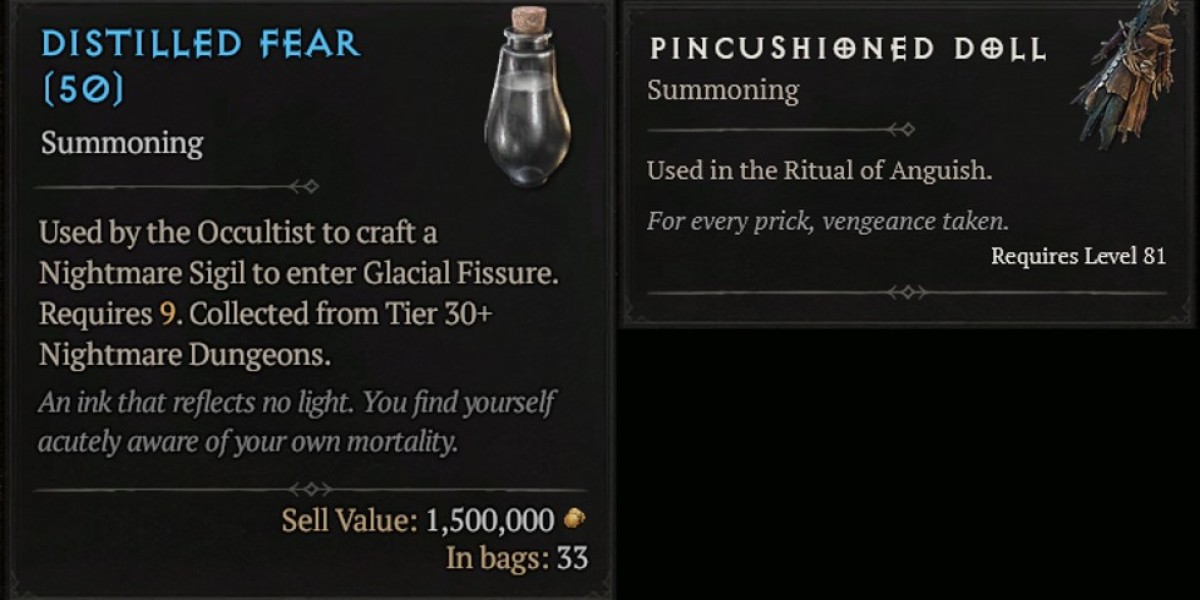On November 22, 1963, the world was shaken by an event that would leave an indelible mark on history - the heartbreaking assassination of President John F. Kennedy. It was a sunny and cheerful day in Dallas, Texas, as President Kennedy and his wife, First Lady Jacqueline Kennedy, embarked on a motorcade through the city. The atmosphere was filled with excitement and anticipation, as throngs of eager supporters lined the streets, waving flags and cheering for their beloved president. However, tragedy struck when gunshots rang out, forever altering the course of American politics and collective consciousness.
As the presidential convertible, carrying President Kennedy and the First Lady, approached Dealey Plaza, shots were fired from a nearby building. In a matter of seconds, chaos descended upon the scene as panic and confusion engulfed the crowd. President Kennedy, struck by two gunshot wounds, slumped forward, while Jacqueline Kennedy, stricken with terror, reached out to shield her husband. It was a chilling and heart-wrenching sight that would forever be etched into the memories of those who witnessed it.
The news of President Kennedy's assassination sent shockwaves reverberating across the nation and beyond. Television networks interrupted their regular programming to bring live updates, and people gathered in squares, offices, and homes to mourn the loss of their charismatic and charismatic leader. The tragic event shook the foundations of America's political and social landscape, prompting an outpouring of grief, anger, and questions about the country's future.
The investigation into the assassination was swift and thorough, led by an official committee known as the Warren Commission. Over time, it revealed that Lee Harvey Oswald, a former Marine with a troubled past, was the prime suspect behind the assassination. However, before Oswald could face trial, he was himself gunned down by nightclub owner Jack Ruby, leaving a cloud of conspiracy theories surrounding the events.
The assassination of President Kennedy forever changed the course of history. It marked the end of a promising era, known as Camelot, characterized by youth, optimism, and progressive ideals. Moreover, it galvanized the civil rights movement, as President Kennedy's successor, Lyndon B. Johnson, worked tirelessly to pass the Civil Rights Act of 1964 as a testament to the fallen president's unfinished legacy.
In conclusion, the tragic assassination of President John F. Kennedy in 1963 remains one of the most memorable and impactful events in American history. It shattered the nation's innocence and left an enduring legacy of loss. The memory of that fateful day in Dallas continues to evoke emotions of sadness, reflection, and a yearning for what might have been.



